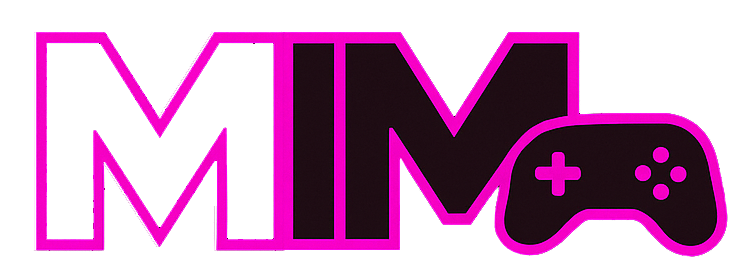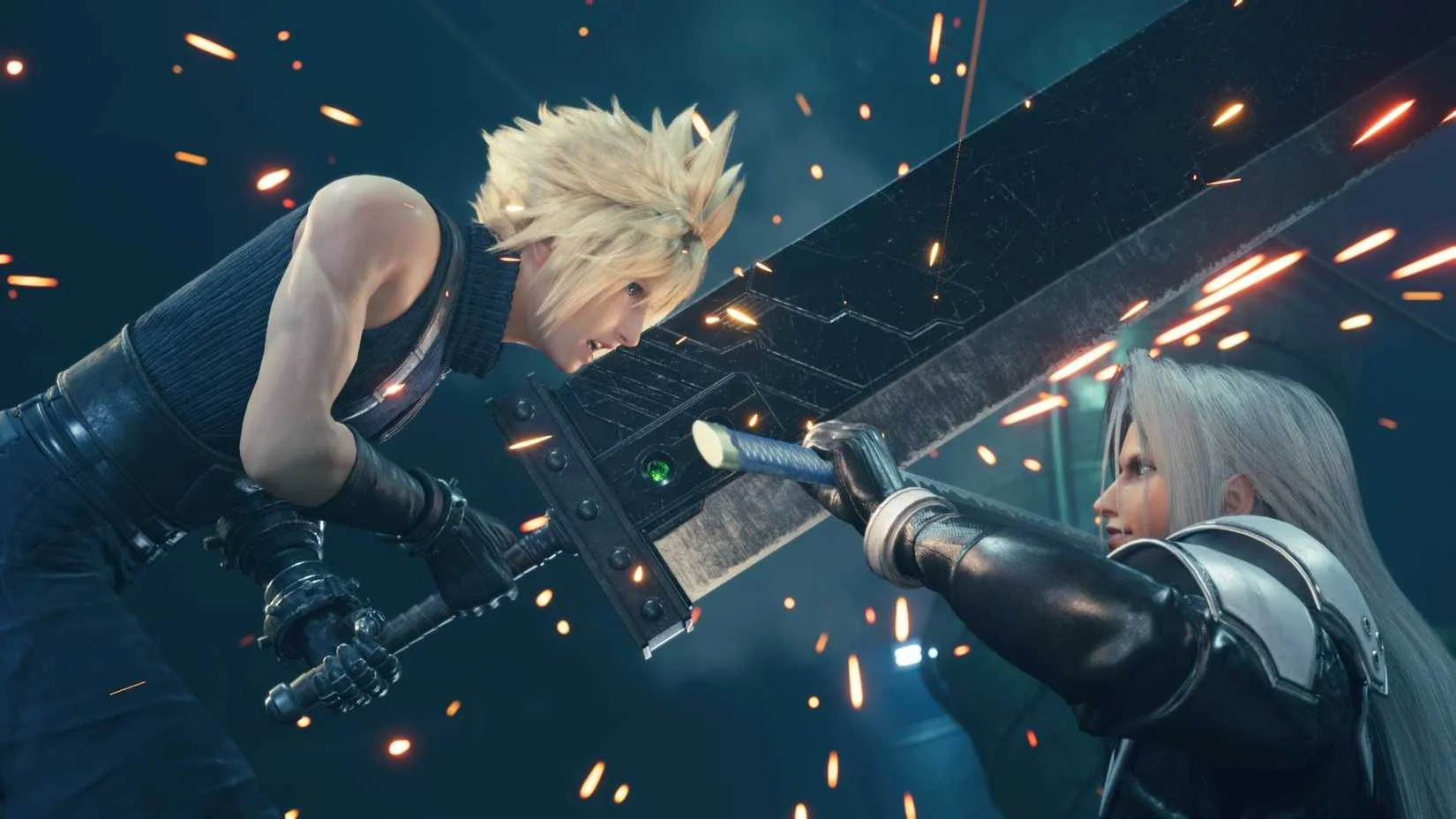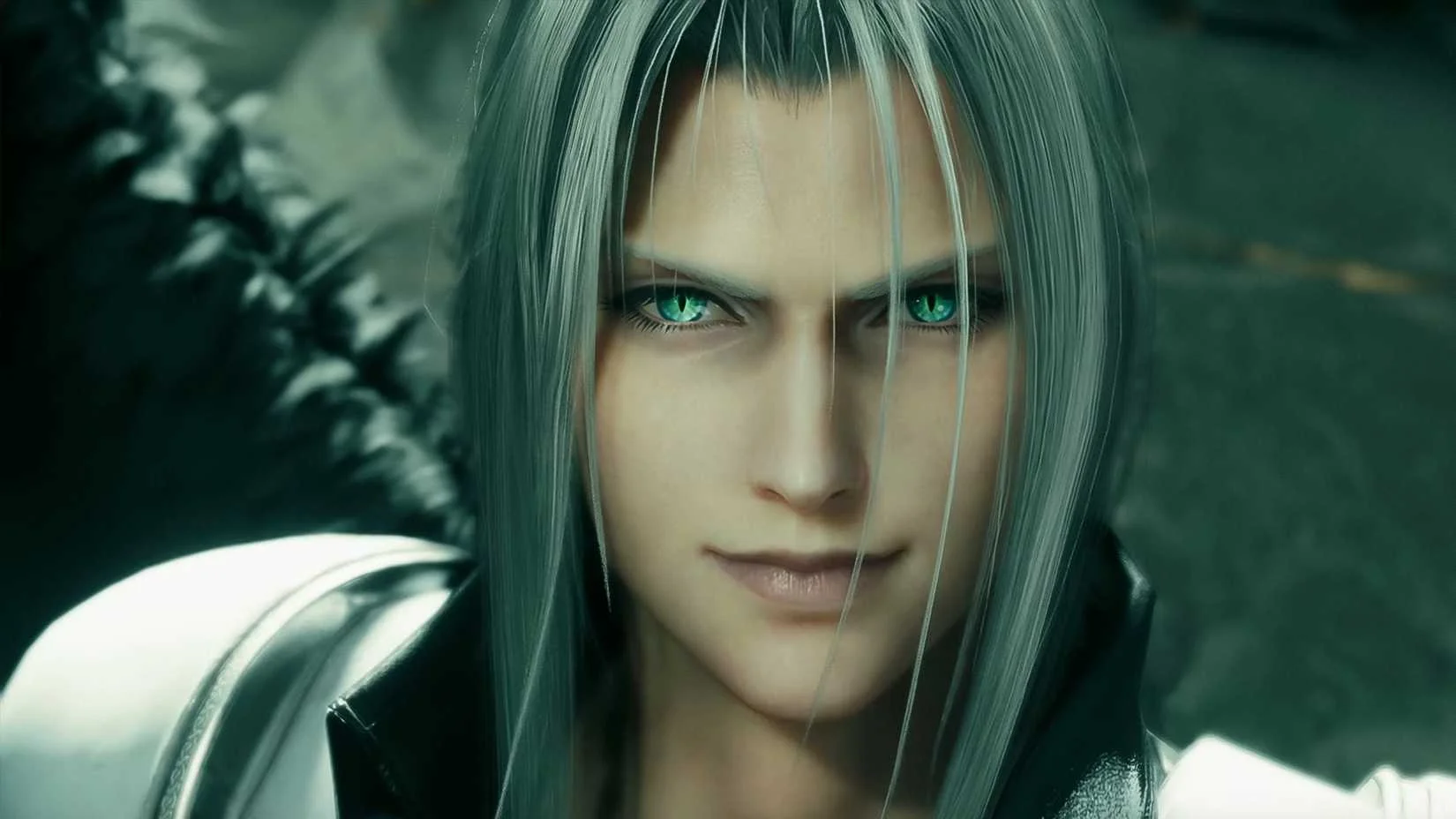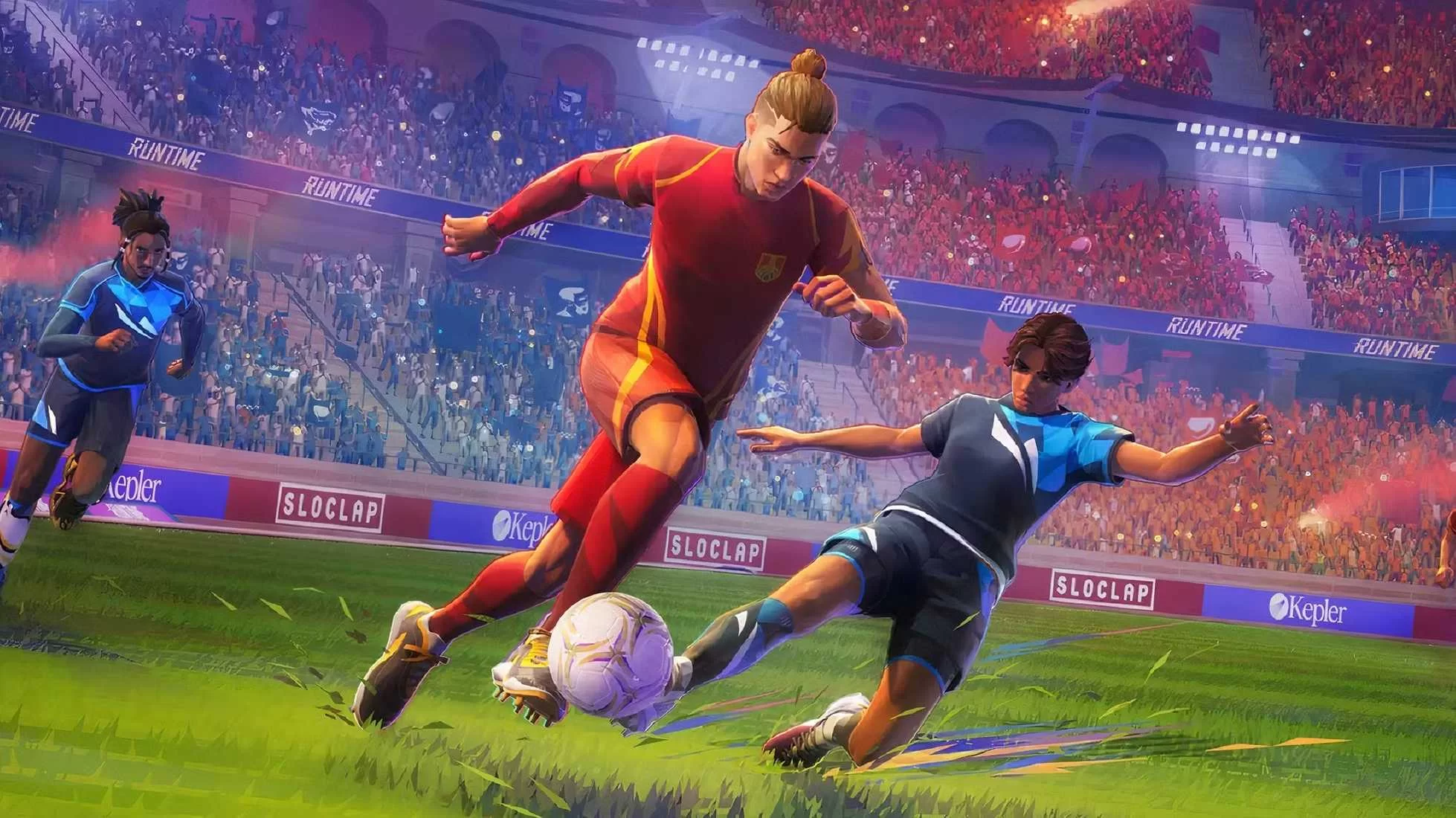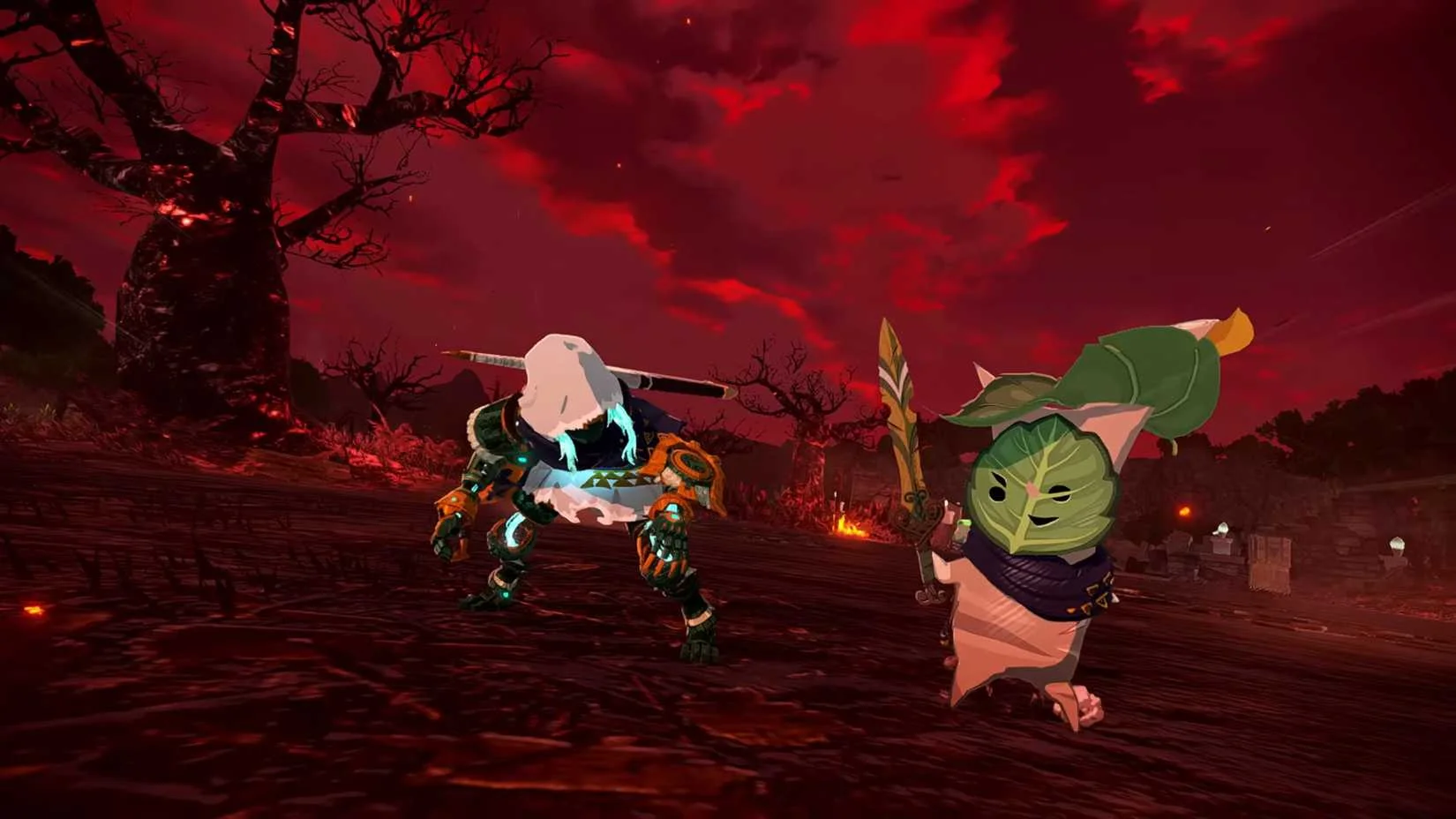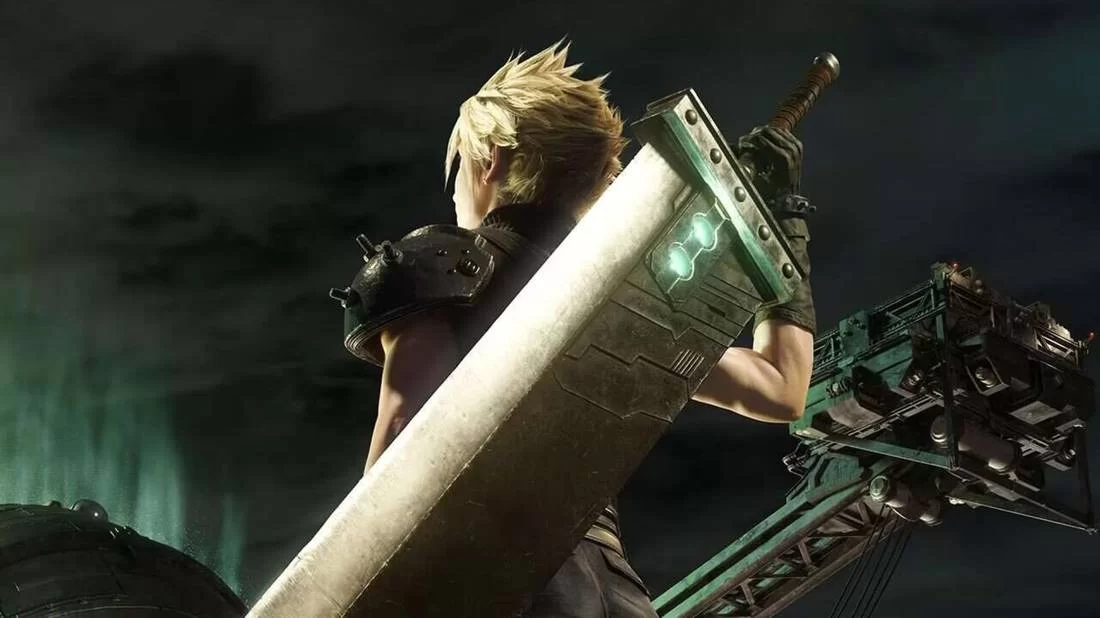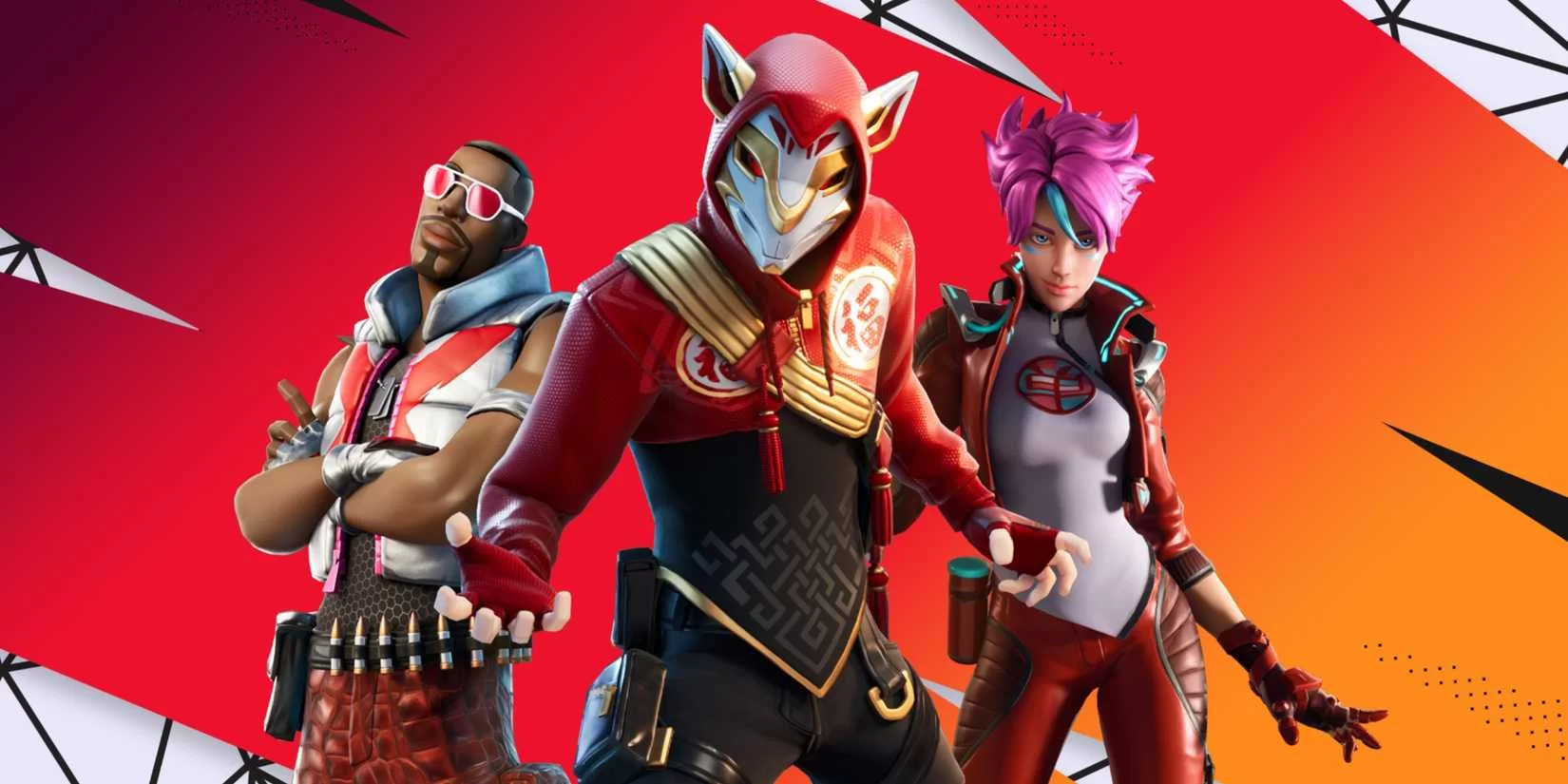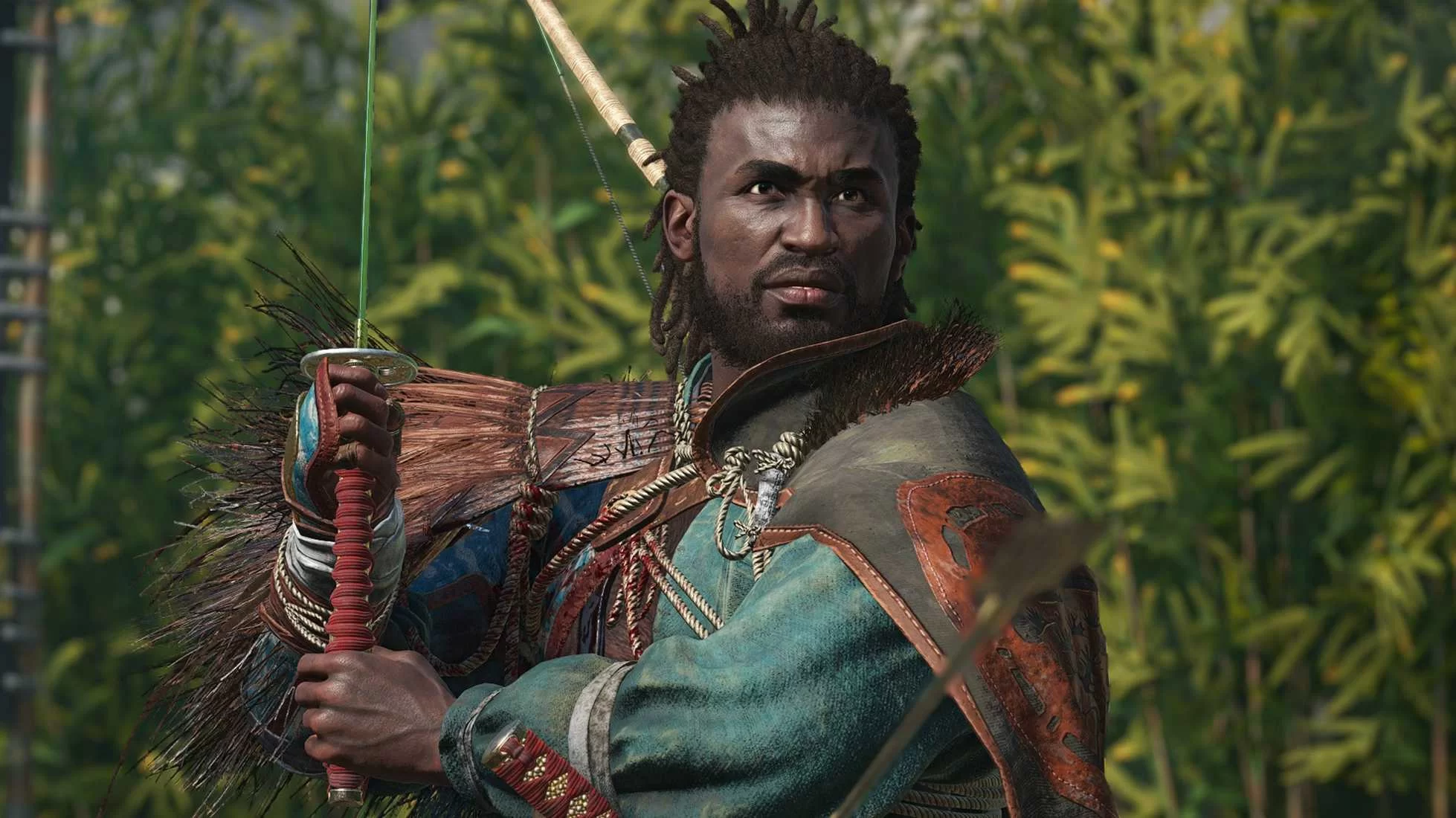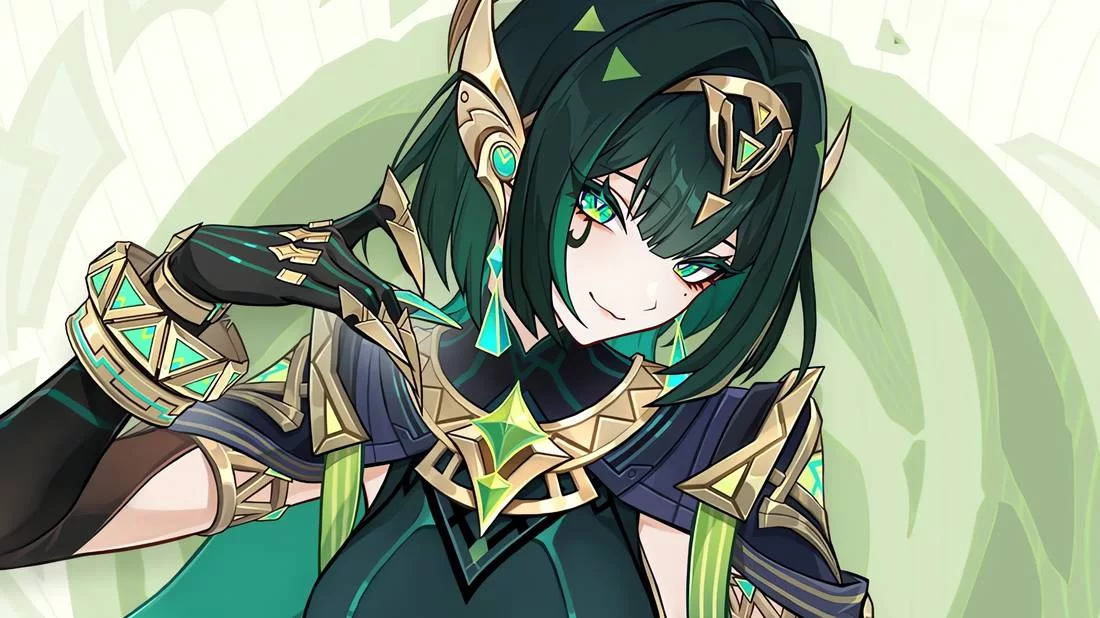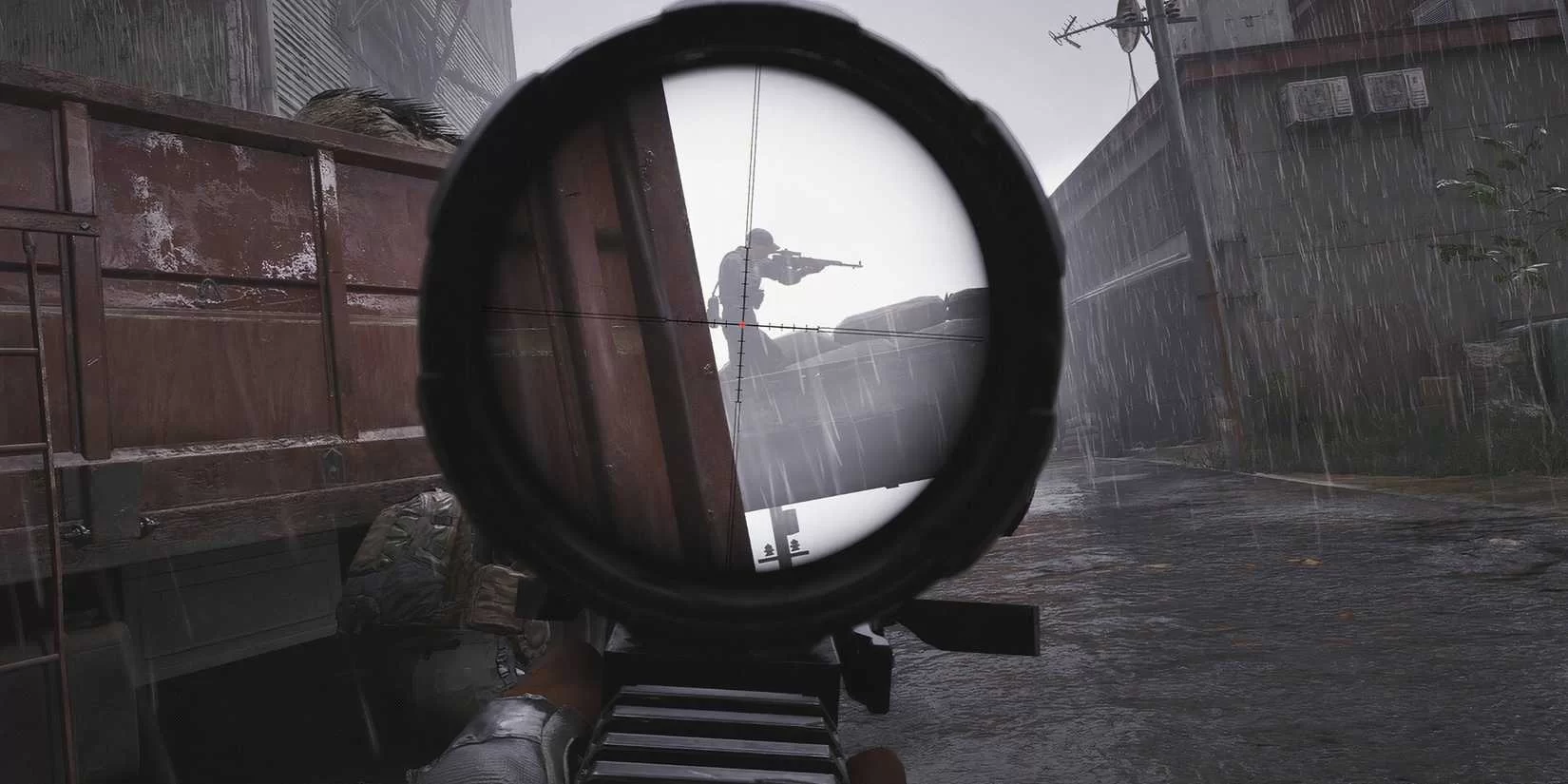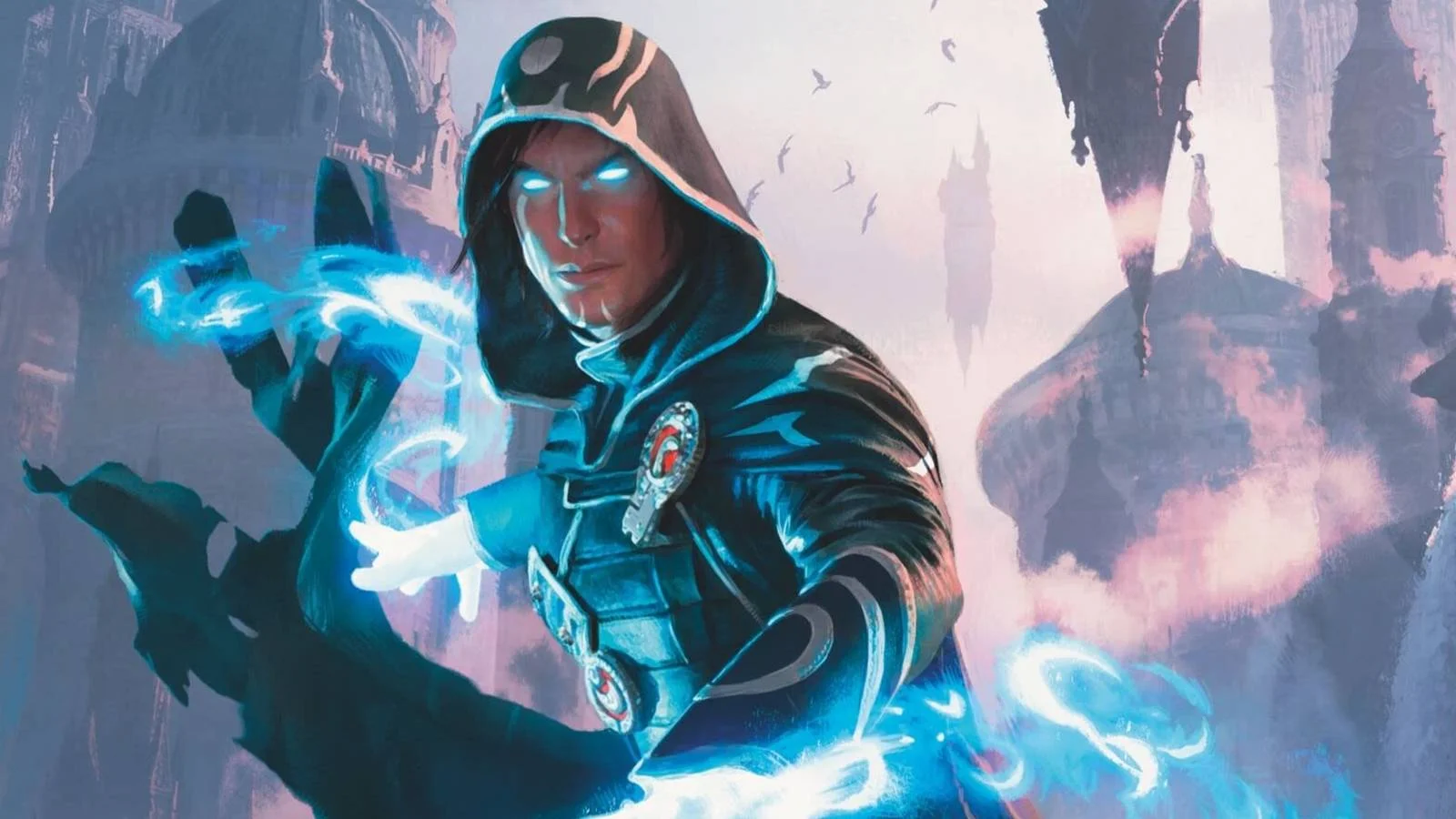As Final Fantasy 7 Remake continues to expand its legacy with the upcoming third installment in development, director Naoki Hamaguchi has shared his thoughts on how the modern reimagining compares to the PlayStation classic that started it all. In a recent interview, Hamaguchi suggested that the Final Fantasy 7 Remake trilogy may offer a more engaging experience for first-time players than the original 1997 game — though he still encourages fans to experience both versions.
According to Hamaguchi, the enhanced visuals, cinematic storytelling, and modern gameplay mechanics of the remake make it a more approachable and emotionally immersive entry point into Cloud Strife’s saga for newcomers. However, he was careful to emphasize that the original Final Fantasy 7 remains a timeless masterpiece that deserves recognition for its pioneering impact on gaming history.
💫 Final Fantasy 7: From Legend to Legacy
Few titles in gaming history have achieved the legendary status of Final Fantasy 7. Released in 1997 on the original PlayStation, it helped introduce millions of players to the JRPG genre and became a cultural touchstone for an entire generation of gamers.
With its sprawling narrative, unforgettable characters like Cloud, Aerith, Tifa, and Sephiroth, and Nobuo Uematsu’s hauntingly beautiful score — particularly the iconic “One-Winged Angel” — Final Fantasy 7 left an indelible mark on both storytelling and technical innovation in gaming.
Over two decades later, Square Enix undertook one of the most ambitious projects in gaming history: to rebuild this legendary title for a modern audience. The result was Final Fantasy 7 Remake, a reimagined experience that expanded the original’s opening Midgar section into a fully-fledged game, complete with stunning visuals, voice acting, and real-time combat.
Since its release in 2020, Final Fantasy 7 Remake has been followed by its critically acclaimed sequel, Final Fantasy 7 Rebirth, and an upcoming third entry that promises to conclude the trilogy.
🎮 Hamaguchi Recommends the Remake for New Players
When asked whether players new to the Final Fantasy universe should begin with the 1997 original or the modern Remake, Hamaguchi leaned toward the latter.
“If you have the opportunity, I’d like you to play the Remake first and enjoy it as a fresh experience on its own,” he said.
Hamaguchi explained that Final Fantasy 7 Remake was developed with dual goals in mind: to honor long-time fans of the original while welcoming a new generation of players unfamiliar with turn-based combat or 1990s visuals. The result is a game that blends nostalgia with accessibility, ensuring that even players with no prior connection to the series can connect emotionally with the story and its world.
The director emphasized that the Remake’s updated presentation, cinematic scope, and voice performances make it easier for modern players to immerse themselves in the story’s emotional depth. At the same time, the creative liberties taken in the new trilogy give both veterans and newcomers fresh surprises along the way.
⚔️ What Sets the Remake Apart
Beyond its stunning visual overhaul, Final Fantasy 7 Remake modernizes the original’s turn-based battle system into a hybrid combat model that merges real-time action with tactical strategy. Players can fluidly switch between characters mid-battle, use classic materia combinations, and unleash cinematic limit breaks — all while maintaining the spirit of the original’s mechanics.
This approach not only keeps the pacing fast and cinematic but also highlights each character’s personality through their fighting style. Combined with expanded world-building and newly written dialogue, the remake fleshes out Midgar into a living, breathing metropolis rather than just a series of locations.
The sequels, including Final Fantasy 7 Rebirth, build upon that foundation — widening the scope beyond Midgar to explore the broader world of Gaia with modern technology and storytelling methods that simply weren’t possible in 1997.
🚀 Final Fantasy 7 Remake Intergrade and Future Ports
Hamaguchi also confirmed that Final Fantasy 7 Remake Intergrade — the enhanced version featuring the Yuffie Kisaragi DLC, “Episode INTERmission” — will be making its way to Nintendo Switch 2 and Xbox on January 22, 2026.
These upcoming versions will include quality-of-life improvements such as Streamlined Progression, allowing players to adjust gameplay difficulty and progression speed. Options include features like a full Limit Break gauge, double XP, and maxed materia levels, letting newcomers experience the full story with less grinding.
Hamaguchi reassured fans that both Final Fantasy 7 Rebirth and the upcoming third installment will receive similar platform treatment, continuing Square Enix’s recent commitment to multi-platform releases.
💿 Square Enix Keeps the Classics Alive
While the remake trilogy pushes the series into the future, Square Enix hasn’t forgotten its roots. Fans of the original Final Fantasy 7 who prefer a physical edition will soon have another way to own it. The publisher announced that a physical twin-pack containing Final Fantasy 7 and Final Fantasy 8 Remastered will be released for the Nintendo Switch on December 9, priced at $39.99 USD.
This release underscores the enduring legacy of the Final Fantasy brand and ensures that new players can explore the franchise’s origins alongside its reimagined modern form.
🧭 A Debate That May Never End
The question of “original vs. remake” has become a recurring topic among Final Fantasy fans. For many, the 1997 version holds an irreplaceable place in gaming history — a symbol of the PlayStation’s golden age and the emotional storytelling that defined JRPGs for decades.
But Hamaguchi’s comments suggest that Final Fantasy 7 Remake is designed not to replace the original but to complement it. The trilogy reintroduces the world of Midgar and beyond with new layers of depth, emotional nuance, and narrative twists, while the original remains a nostalgic cornerstone for purists.
In many ways, both versions serve different audiences: the Remake captivates with cinematic realism and fast-paced combat, while the original delivers pure, unfiltered nostalgia and simplicity.
Ultimately, Hamaguchi’s recommendation to start with the Remake highlights how Final Fantasy 7 continues to evolve — not just as a game, but as a living legacy that bridges generations of players.
